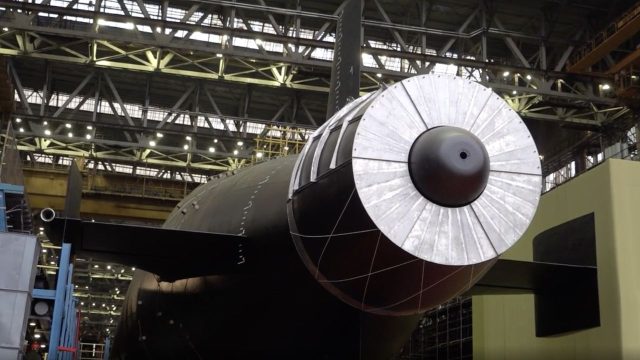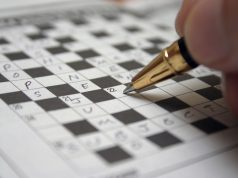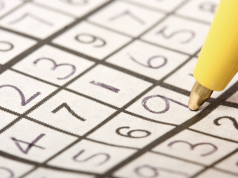
Vladimir Putin has said that Russia has successfully tested an (unarmed) underwater nuclear-torpedo powerful enough to “put entire states out of operation”. Speaking at an event for veterans of the Ukraine war last week, the Russian president said “there is nothing like” the Poseidon missile.
What is the weapon?
Russia’s new nuclear submarine, Khabarovsk, is armed with autonomous Poseidon missiles. Said to be 20 metres long and nearly two metres wide, they are capable of travelling up to 6,200 miles at speeds of up to 115 mph, deep below the surface of the water. According to arms control experts, the weapon breaks “most of the traditional nuclear deterrence and classification rules”, said The Guardian. “Launched from a submarine like a torpedo”, it is thought that they are “able to loiter as an underwater drone” before deploying a nuclear warhead “capable of triggering a radioactive tsunami to render coastal cities uninhabitable”.
“Compared to an intercontinental ballistic missile it is very slow”, said Naval News, but still fast enough to be “realistically uncatchable to existing torpedoes”, while its operating depth (said to be up to 1,000 metres) puts it “beyond reach” of defences.
What did Moscow say?
There’s “nothing like this in the world in terms of the speed and the depth of the movement of this unmanned vehicle”, and it’s “unlikely there ever will be”, Putin said, claiming that there are “no ways to intercept” it.
Kremlin defence minister Andrei Belousov said Khabarovsk and its missiles will “enable” Russia to “successfully secure” its maritime borders and “protect its national interests in various parts of the world’s oceans”.
A sensational report on Russian television boasted that one Poseidon missile could cause enough damage to “plunge Britain into the depths of the sea”, said the Daily Mail.
The more excessive Russian boasts of a “100 megaton ‘tsunami bomb’” are not reliable, said Naval News. “More recent estimates are two megatons”, which is still roughly 100 times more powerful than the atomic bombs dropped on Hiroshima and Nagasaki in 1945.
A new nuclear arms race?
News of the submarine launch has prompted Donald Trump to order the US military to restart nuclear tests for the first time in 33 years. But he said that the US would test on “an equal basis” to other countries, so as neither China nor Russia has carried out an “actual explosive nuclear test”, Trump “probably” means “reciprocal testing of nuclear-capable missiles” rather than the “actual explosive warheads that sit on top of them”, said The Telegraph.
His announcement still “bolstered concerns” that the world is “sliding into a new nuclear arms race”, said the Financial Times, as “much of the cold war-era arms control architecture has collapsed”. A return to US testing “would be a highly retrograde step”, providing a premise for Russia and China and other nuclear states to ramp up their nuclear weapons programmes, in turn encouraging non-nuclear states to “pursue their own”.
Russian president has boasted that there is no way to intercept the new weapon




